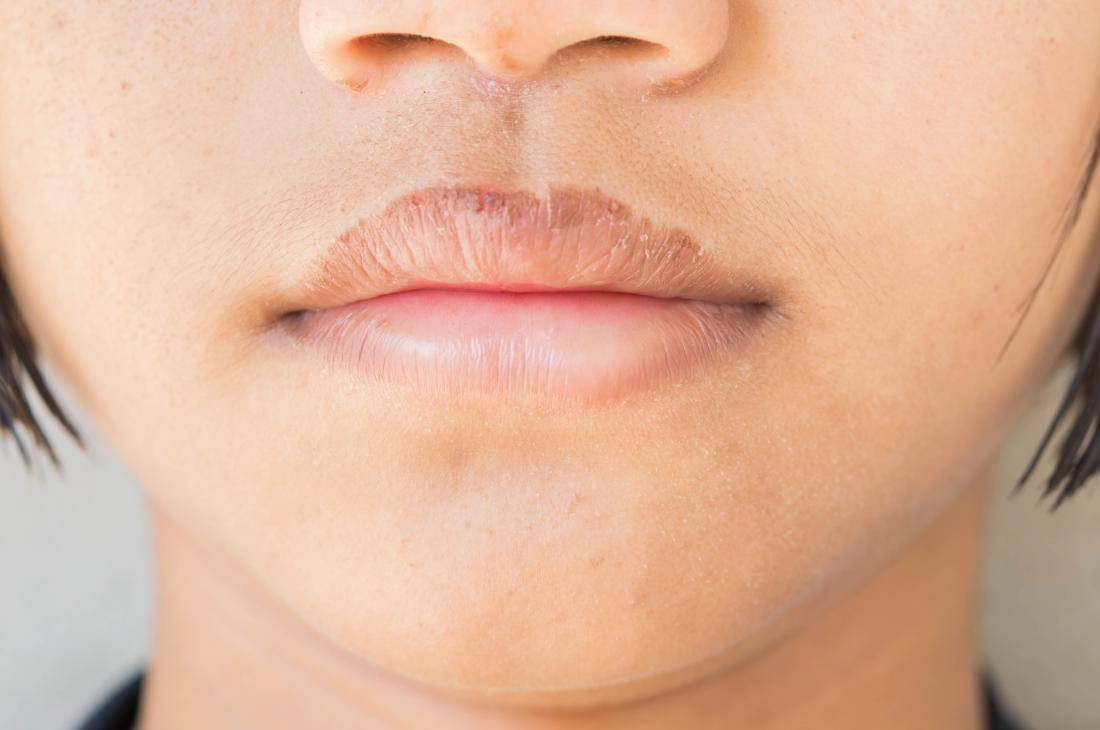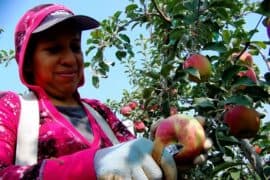Understanding Chapped Lips: A Comprehensive Guide for Parents
Hey there, wonderful parents! Picture this: it’s a brisk day, you’re out with your little ones at the park, and you notice their tender lips starting to look a tad dry and flaky. That’s a classic case of chapped lips, but no worries! Today, I’m here to share the ins and outs of chapped lips, giving you the lowdown on what they are, why they occur, and how you can combat them with ease and love. So, grab a cup of tea, cozy up, and let’s turn those frowns upside down.
What Exactly Are Chapped Lips?
First things first, let’s define our culprit. Chapped lips, also known medically as cheilitis, are a common condition characterized by cracked, dry, sore, or inflamed lips. They can peel, bleed, and feel downright uncomfortable. Though chapped lips can affect anyone, kiddos are often more susceptible to getting them due to their playful, active nature and their delicate skin.
Why Do Chapped Lips Happen?
Many factors can contribute to chapped lips. Some of the usual suspects include:
- Weather: Extreme conditions, be they hot, cold, or windy, can dehydrate our lips.
- Licking Lips: A natural reaction to dryness can be licking our lips. However, the enzymes in our saliva can make the dryness worse!
- Dehydration: Not drinking enough fluids can dry out the skin, including the lips.
- Medications: Certain meds have side effects that cause dryness throughout the body.
And that’s just to name a few! Being aware of what triggers chapped lips is the first step in prevention.
How Can You Prevent Chapped Lips?
The best battle is the one you avoid, right? So, let’s talk about prevention. Ensuring your kids stay hydrated is a top priority. Encouraging them to drink plenty of water is not only good for their overall health but keeps those lips from drying out. Additionally, teaching them about proper lip care, like using lip balm with SPF, can be an excellent shield against the elements.
Home Remedies to the Rescue
Despite our best efforts, sometimes chapped lips happen. No panic, though! There are countless home remedies that can bring comfort and are kid-friendly. For instance, applying a thin layer of natural oils, such as coconut or almond oil, can provide relief and protection. Honey is also a soothing natural healer with antibacterial properties – just a dab can help.
It’s important to remember that if your child’s lips are severely cracked or have been chapped for an extended period without improvement, consulting a healthcare professional is always a safe bet.
Chapped lips are a common and usually minor problem that can cause discomfort. But by understanding what causes them and how to prevent and treat them, you can ensure your child’s lips stay soft, comfortable, and healthy all year round. Dive into the rest of this guide to learn some top-notch tips for keeping those adorable lips in tip-top condition!
Ready to become the ultimate lip care guru for your child? Keep scrolling, as we dive deeper into prevention techniques, the science behind lip health, and explore even more home remedy wonders that will turn the tide on chapped lips for good!
Smooth, soft lips are just around the corner, and with this guide, you’ll have all the knowledge you need to keep your child’s smile bright and comfortable no matter the season. Let’s continue on our journey to happy, hydrated lips together!

Five Essential Things Parents Should Know About Chapped Lips
1. Understanding the Lip’s Skin Structure Is Fundamental
Our lips don’t have oil glands, unlike the rest of our skin. This means they can’t produce moisture and are therefore more prone to drying out. Recognizing this will help you appreciate why those little puckers need extra tender loving care, especially when the weather turns harsh or when staying hydrated is a challenge.
2. Sun Protection Isn’t Just For Beach Days
Most of us remember to slather on the sunscreen when summer rolls around, but did you know that our lips can get sunburned too? Yes, even in winter! A balm with SPF is a year-round essential to protect your child’s sensitive lip skin from the sun’s UV rays, which can lead to chapped lips and other potential issues.
3. Diet Plays a Role
Just as a balanced diet supports overall health, it also keeps the lips looking lush. Vitamins and minerals from fruits and vegetables nourish the skin from the inside. For instance, B vitamins are excellent for skin health, and a deficiency could lead to lip problems. Keep those colorful fruits and veggies coming!
4. The Balancing Act of Indoor Air
In the quest for comfy indoor climates, our heating and air conditioning systems can strip moisture from the air, leading to chapped lips. A simple solution? Embrace the power of humidifiers! They reintroduce moisture, providing a more lip-friendly environment while your children sleep or play indoors.
5. Occasional Chapped Lips Are Normal, Persistent Ones Are Not
A bout of chapped lips now and then isn’t uncommon, but if your child’s lips are frequently chapped, it may be time to look at bigger pictures such as allergies or other skin conditions. Persistent dryness warrants a visit to the pediatrician or dermatologist to rule out any underlying issues.
Fostering Lip Health: A Parent’s Role
As parents, the health of our children is always a priority, and lip care is a part of that. By understanding the nature and needs of your child’s lips, you can set the stage for healthy, happy smiles throughout their childhood. Instill good habits early on, from gentle reminders about hydration to making lip care fun with flavored, child-friendly balms. Prevention is key, but when chapped lips do make an appearance, a combination of your loving care and the nurturing touch of home remedies can make all the difference.
Remember, a comfortable child is a happy child. Incorporating these little acts of care into your daily routine not only keeps those chapped lips at bay but also shows your little ones just how much you love every part of them, from their heads to their precious smiles!
And there you have it, parents—your comprehensive guide to understanding and caring for chapped lips. With knowledge as your superpower, those dreaded dry, flaky lips don’t stand a chance against your newfound lip care prowess. So, zip up those coats, stock up on the balm, and step out into any weather with the confidence that your child’s smile is safeguarded against the elements. Happy hydrating!
See more great Things to Do with Kids in New Zealand here. For more information see here
Disclaimer
The articles available via our website provide general information only and we strongly urge readers to exercise caution and conduct their own thorough research and fact-checking. The information presented should not be taken as absolute truth, and, to the maximum extent permitted by law, we will not be held liable for any inaccuracies or errors in the content. It is essential for individuals to independently verify and validate the information before making any decisions or taking any actions based on the articles.




